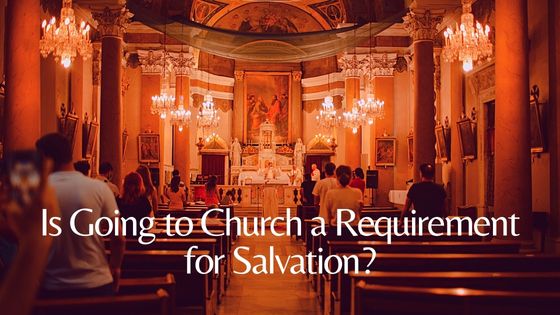Jesus’ Teachings on Love and Forgiveness
There was a time when one of my closest friends, my best friend from high school, went through one of the darkest seasons of her life. After marrying and moving away, she was betrayed by the person she trusted most. Her husband had been unfaithful, and to make things worse, he accused her of the … Read more










